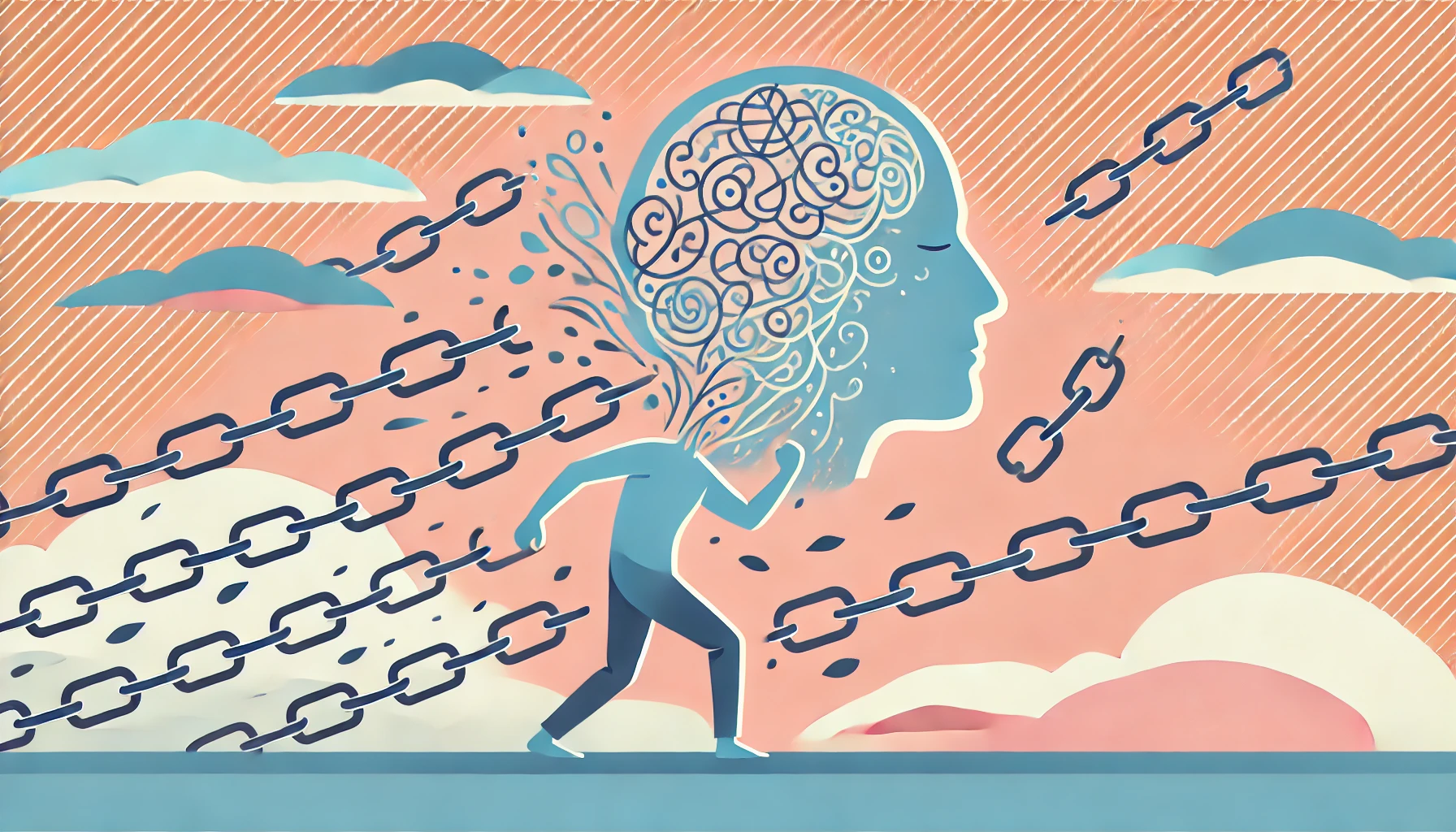In the quest for inner peace and resilience, the teachings of Param Gurudev provide profound insights into transforming our mental patterns and cultivating a balanced life. His discourses guide us on how to manage our emotions and actions, highlighting the importance of spiritual discipline and continuous self-reflection.
Reflection on Chaturmas: A Period of Intense Spiritual Practice

Reflecting on the Chaturmas, a four-month period of intense religious observance, Gurudev discusses the need to maintain spiritual practices continuously. This period, marked by increased devotion and discipline, serves as a reminder of the importance of staying committed to our spiritual journey. The practices and reflections during Chaturmas help in reinforcing our spiritual goals and keeping our minds focused on inner peace.
Transforming Mental Patterns

A central theme in Gurudev’s teachings is the transformation of mental patterns. He explains that our actions and thoughts bind karma, influencing our spiritual progress. By transforming negative patterns into positive ones, we can achieve spiritual growth and inner peace. This process involves being mindful of our actions and their impact on our mental state and karma. Cultivating positive mental habits helps in creating a more harmonious and balanced life.
The Influence of External Experiences

Gurudev delves into the influence of external experiences on our mental state. He illustrates how experiences like watching movies or eating certain foods can affect our emotions and thoughts, thereby shaping our karma. Understanding this influence helps us make conscious choices that support our spiritual goals. By being selective about the stimuli we expose ourselves to, we can maintain a more peaceful and focused mind.
Continuous Impact of Actions and Thoughts

The continuous impact of our actions and thoughts is another critical aspect of Gurudev’s teachings. He explains that our mental patterns and the emotions they generate have a lasting effect on our spiritual journey. By cultivating positive habits and breaking the cycle of negative emotions, we can create a more harmonious and balanced life. It is essential to be aware of the long-term effects of our actions and to strive for actions that promote positive karma.
Managing Emotions and Interactions

Managing emotions and interactions with others is crucial for spiritual growth. Gurudev emphasises the importance of maintaining positive interactions and managing emotions like anger and attachment. By doing so, we can prevent negative emotions from taking root and disrupting our inner peace. Developing emotional intelligence and practising empathy can help in maintaining harmonious relationships and fostering a supportive environment for spiritual growth.
Mindfulness in Daily Activities
Mindfulness in daily activities is essential for maintaining a balanced mental state. Gurudev advises being mindful of our actions and detaching from material distractions. This practice helps us focus on our spiritual goals and fosters a sense of inner calm. Incorporating mindfulness into routine activities, such as eating, walking, and working, can significantly enhance our awareness and presence, leading to a more peaceful and fulfilling life.
Breaking the Cycle of Negative Emotions
Breaking the cycle of negative emotions requires conscious effort and dedication. Gurudev provides strategies for overcoming negative mental patterns, such as practising mindfulness and positive thinking. These practices help us cultivate positive mental habits and support our spiritual growth. It is important to address negative emotions as they arise and to implement techniques, such as deep breathing and meditation, to manage and transform these emotions.
The Role of Continuous Self-Improvement
Gurudev’s teachings offer a comprehensive guide to transforming mental patterns and achieving inner peace. His insights on managing emotions, being mindful in daily activities, and breaking the cycle of negative emotions provide valuable tools for cultivating a balanced and harmonious life. Continuous self-improvement is key to maintaining progress on our spiritual journey and achieving lasting inner peace.
The Power of Positive Thinking
Gurudev emphasises the importance of positive thinking in achieving inner peace. By focusing on positive thoughts and maintaining an optimistic outlook, we can overcome challenges and stay resilient in the face of adversity. Positive thinking not only enhances our mental well-being but also attracts positive energy into our lives, helping us create a supportive environment for personal and spiritual growth.
Cultivating Empathy and Compassion

Empathy and compassion are essential qualities for fostering harmonious relationships and a peaceful mind. Gurudev encourages us to develop these qualities by understanding and sharing the feelings of others. By practising empathy and compassion, we can build stronger connections with those around us and contribute to a more compassionate and understanding society. These qualities also help us manage our own emotions better and promote a sense of inner peace.
Developing Emotional Intelligence
Emotional intelligence is the ability to recognize, understand, and manage our own emotions, as well as the emotions of others. Gurudev highlights the importance of developing emotional intelligence to navigate the complexities of human interactions. By improving our emotional intelligence, we can respond to situations more effectively, reduce conflict, and enhance our overall well-being. Techniques such as self-reflection, active listening, and empathy are key to developing this important skill.
Practising Gratitude
Gratitude is a powerful practice that can transform our perspective and enhance our sense of well-being. Gurudev advises us to cultivate gratitude by regularly reflecting on the positive aspects of our lives and expressing appreciation for the blessings we receive. Practising gratitude shifts our focus from what we lack to what we have, fostering a sense of contentment and joy. This positive mindset helps us build resilience and maintain inner peace, even during challenging times.
Building Resilience Through Adversity
Resilience is the ability to bounce back from adversity and continue moving forward. Gurudev teaches that resilience can be developed through spiritual practice, positive thinking, and continuous self-improvement. By viewing challenges as opportunities for growth, we can build resilience and become stronger in the face of difficulties. Spiritual practices such as meditation, prayer, and mindfulness help us cultivate resilience and maintain a balanced and peaceful mind.
Conclusion
Param Gurudev’s teachings provide a roadmap to inner peace and resilience. By transforming our mental patterns, managing emotions, and practising mindfulness, we can achieve a balanced and harmonious life. His insights guide us on a path of continuous self-improvement and spiritual growth, helping us cultivate a positive and peaceful mental state. Embracing these teachings in our daily lives can lead to profound personal transformation and a deeper sense of fulfilment.





